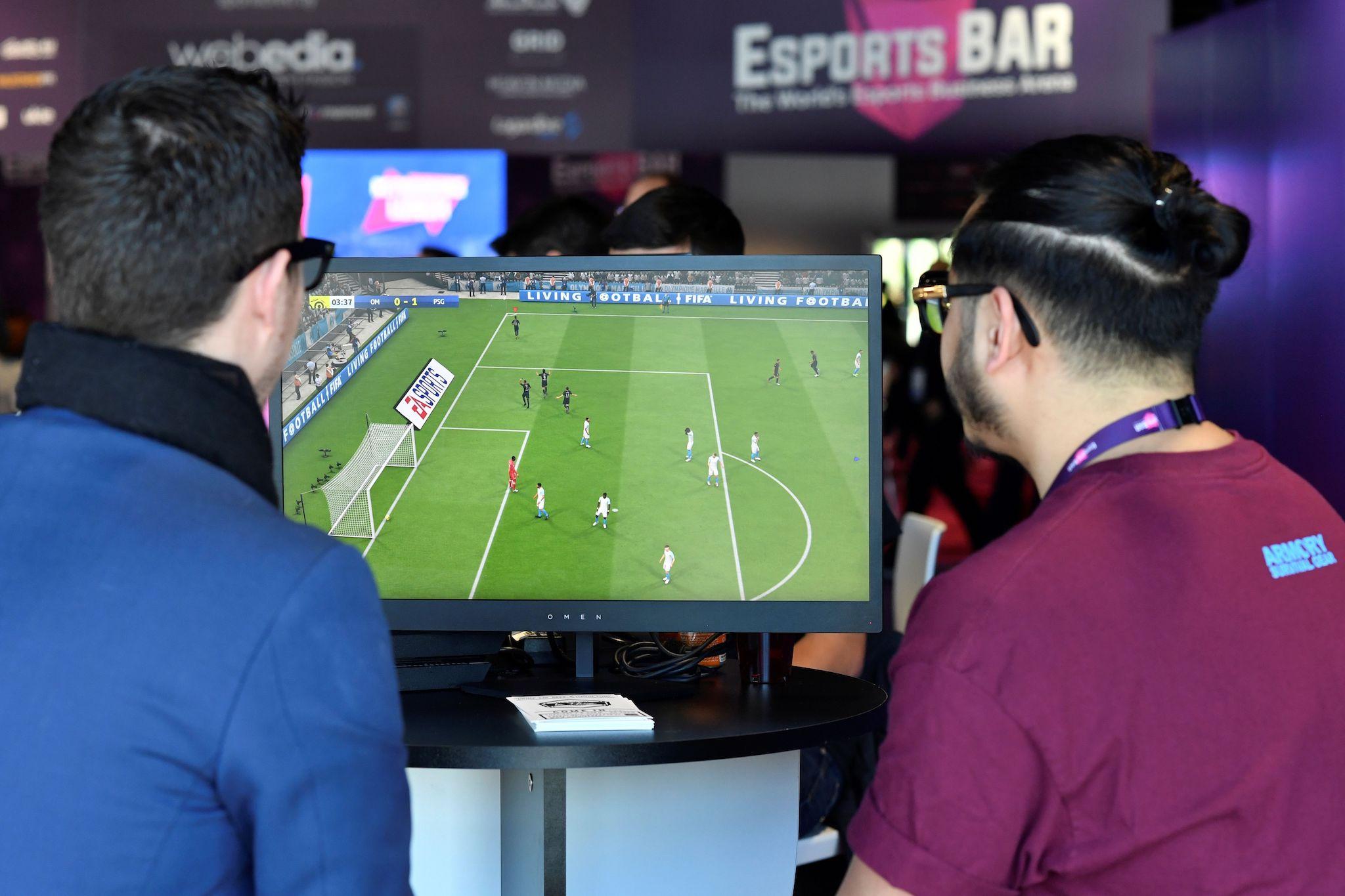Video game loot boxes should be illegal for children, MPs say
Feature has become increasingly popular in games like Fifa

Your support helps us to tell the story
From reproductive rights to climate change to Big Tech, The Independent is on the ground when the story is developing. Whether it's investigating the financials of Elon Musk's pro-Trump PAC or producing our latest documentary, 'The A Word', which shines a light on the American women fighting for reproductive rights, we know how important it is to parse out the facts from the messaging.
At such a critical moment in US history, we need reporters on the ground. Your donation allows us to keep sending journalists to speak to both sides of the story.
The Independent is trusted by Americans across the entire political spectrum. And unlike many other quality news outlets, we choose not to lock Americans out of our reporting and analysis with paywalls. We believe quality journalism should be available to everyone, paid for by those who can afford it.
Your support makes all the difference.Loot boxes in video games like Fifa 20 should constitute gambling under laws to protect children from addictive practices, MPs have advised.
The boxes, which allow gamers to buy a random assortment of in-game items, are difficult to define as gambling under current laws because the prize does not have monetary value.
The inquiry into immersive and addictive technologies investigated how gaming companies were generating vast amounts of revenue and data through the sale of such items.
MPs from the Digital, Culture, Media and Sport Committee called for the sale of loot boxes to children to be banned and to regulate their distribution under the Gambling Act.
The committee also called on games companies and social media platforms to establish effective age verification tools in order to enforce any future bans relating to loot boxes.
“Loot boxes are particularly lucrative for games companies but come at a high cost, particularly for problem gamblers, while exposing children to potential harm,” said committee chair Damian Collins. “Buying a loot box is playing a game of chance and it is high time the gambling laws caught up. We challenge the government to explain why loot boxes should be exempt from the Gambling Act.”
Loot boxes have become increasingly popular in video games like Fifa, with Fortnite choosing to make them more transparent in its hugely popular game earlier this year.
Representatives for Fortnite developer Epic Games gave evidence before the committee, alongside representatives from social media firms like Snapchat and Instagram.
Earlier this year, Gambling Commission chief executive Neil McArthur said loot boxes were difficult to classify as gambling and therefore cannot be effectively policed.
“The Gambling Act tells us that gambling means playing a game of chance for a prize, and you can certainly see circumstances where a loot box might fall within that definition, but where things become a bit more complicated are when one looks at the definition of prize, and prize is defined as being money or money’s worth,” Mr McArthur explained.
“What that means is that the prize must mean something that is equivalent to money.”
Last year, loot boxes were banned in Belgium after a similar commission ruled that they represented an illegal form of gambling.
The committee also called on games companies and social media platforms to establish effective age verification tools in order to enforce any future bans relating to loot boxes.
Join our commenting forum
Join thought-provoking conversations, follow other Independent readers and see their replies
Comments